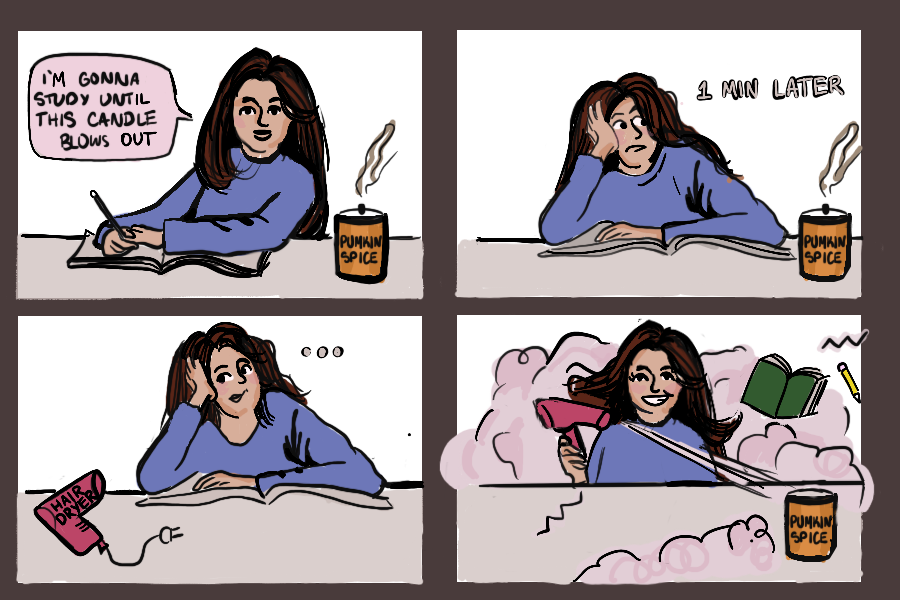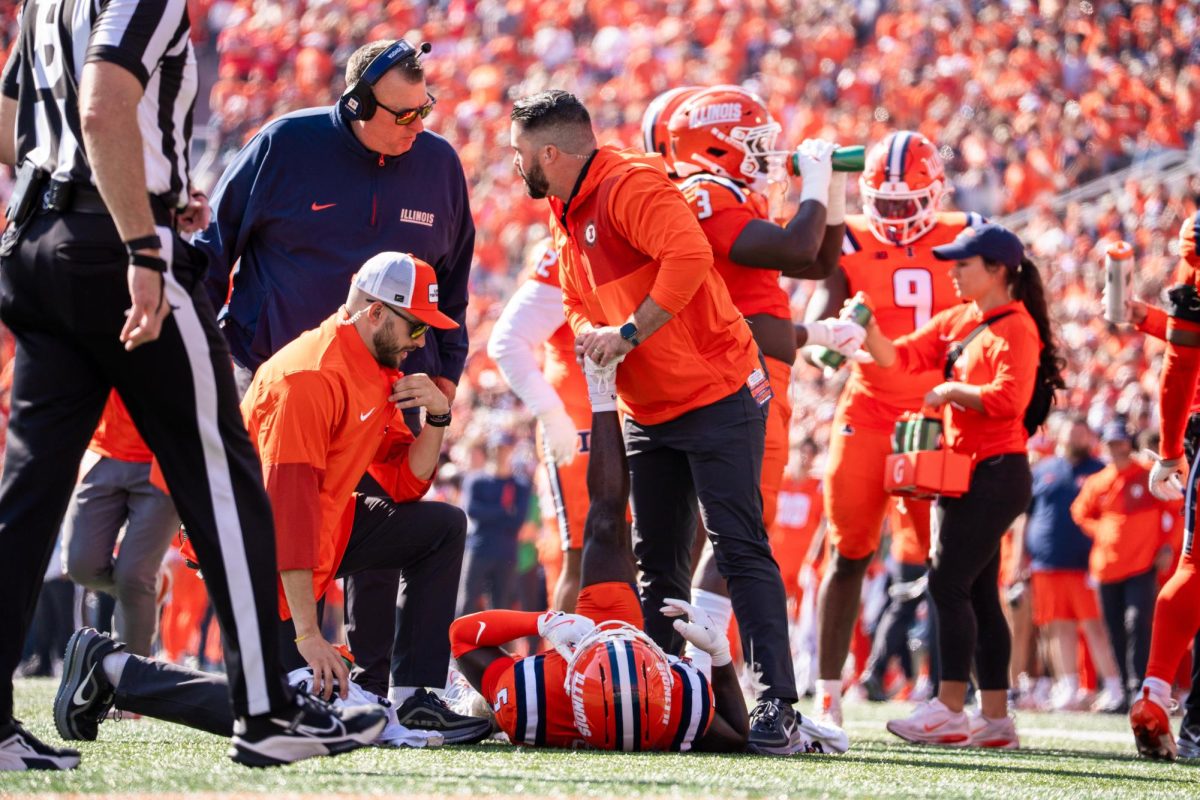Following the impeachment and removal of former Gov. Rod Blagojevich on January 29, Gov. Pat Quinn was sworn into office. This administrative switch triggered many new changes for Illinois, and for the state’s flagship university.
Quinn’s visit in February set a precedent for his relationship with the University, and left leaders hoping for better cooperation with the current governor than with Blagojevich.
“Symbolically it was really powerful,” said Brian Gaines, a professor with the Institute of Government and Public Affairs. “Blagojevich was rarely downstate or even in Springfield. Quinn has been much more visible downstate.”
While there are many decisions the governor makes that affect the University, one of the most important may be the state budget and how much money the state will give the University.
State support for the University is one of the most important factors that determines how much money students will pay for tuition. For the 2008-2009 academic year, student tuition and fees accounted for 16.4 percent of the $4.17 billion operating budget; however, if there is a decrease in state support, it is possible that more of the financial burden will fall to students.
Get The Daily Illini in your inbox!
Because of economic problems and the impeachment trial of Blagojevich, the budget is yet to be set, and the University of Illinois is still waiting to hear how much money it will receive from state support for the fiscal year 2010.
While Quinn’s presence at the University and other public universities throughout the state seems like a good sign, very little judgment can be passed about him until after the state budget is set and after the University knows how much money it will receive in state support, Gaines said.
Uncertain about the amount of state support, the Board of Trustees has not decided on the tuition rates for incoming freshmen, and has discussed the issue at its January and March meetings. The Board is expected to decide on tuition rates at the May meeting or shortly after.
Quinn’s role is also important to the University because it is his responsibility to make appointments to the Board of Trustees. He has already made one appointment to the Board that was formerly appointed entirely by Blagojevich.
Following the completion of former trustee Robert Sperling’s term, Quinn appointed Edward McMillan to the Board.
Looking into the future, it will be important to see how things fare for the remaining eight trustees who were appointed by Blagojevich.
Some members of the campus community, as well as members in the General Assembly, have been vocal about passing legislation that will allow trustees to be elected, rather than appointed.
Gaines said he does not expect this to happen anytime soon because of the long list of things the General Assembly needs to address.
One piece of legislation that might change the look of the Board is a bill that was introduced by Speaker of the House Mike Madigan last week. This bill would clear all appointments made by former governors George Ryan and Blagojevich, including the University of Illinois’ Board of Trustees.
Gaines said he expects this bill to pass, but is unsure of how quickly things move in Springfield and has no idea what kind of timeline to put on the bill.
The passage of this bill would leave Quinn to make hundreds of appointments, and Gaines said it is likely he would simply reappoint many of the current trustees, and only selectively replace some.
“If the bill passes, it will give Quinn a lot of power to make a lot of decisions,” Gaines said.





